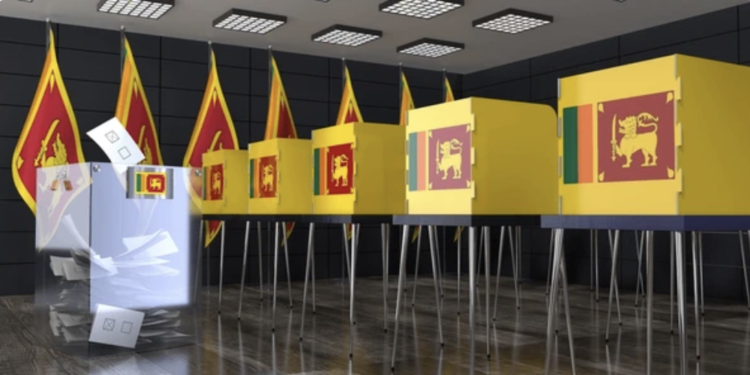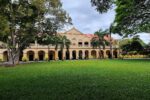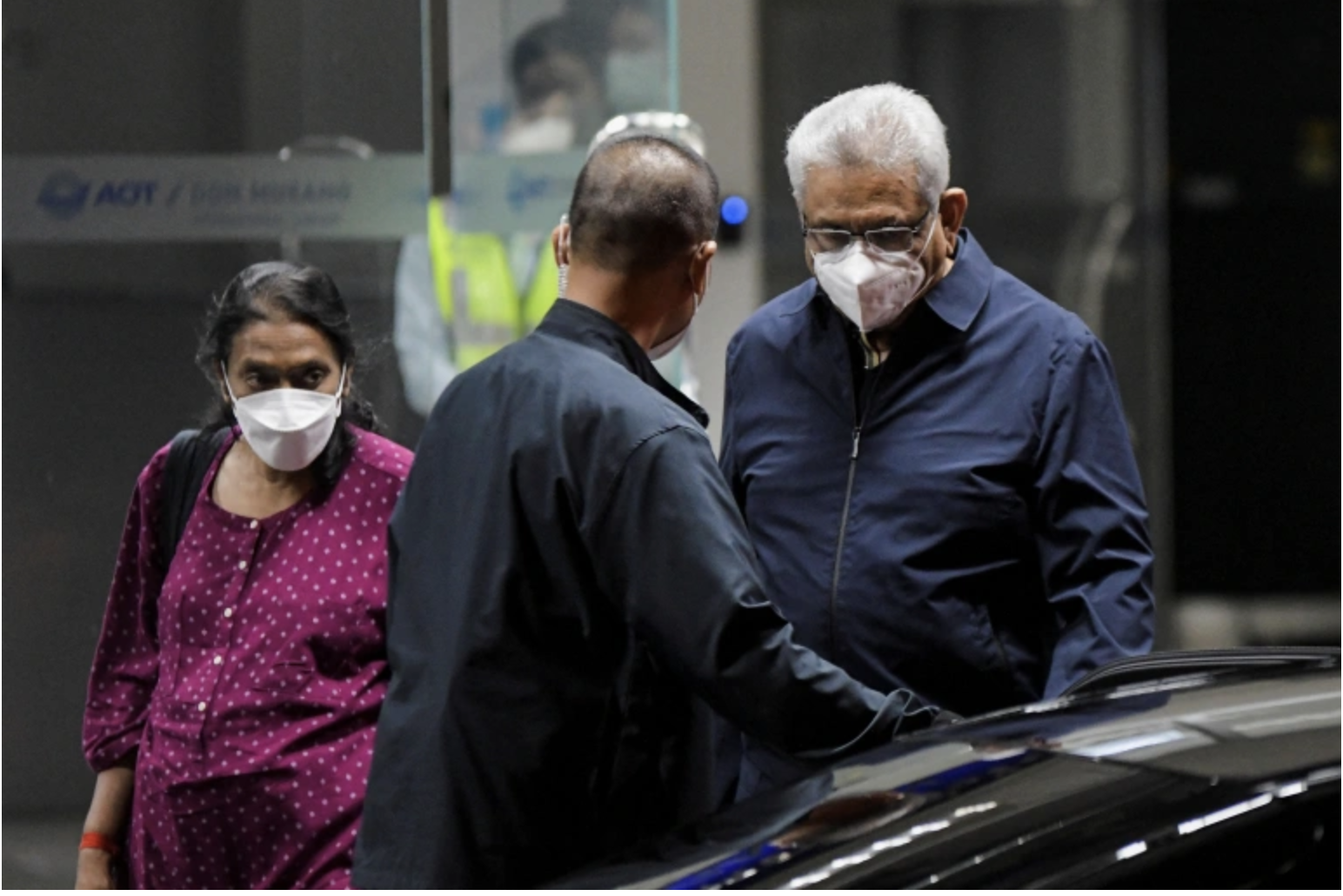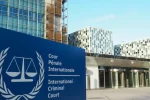Sri Lanka’s Crucial Presidential Election: A Test of Economic Recovery and Political Change

Sri Lanka is poised to hold a critical presidential election on September 21, a pivotal moment that will likely gauge public confidence in President Ranil Wickremesinghe’s strategies to address the nation’s severe economic crisis. This election, the first since the country’s bankruptcy declaration in 2022, comes at a time of intense scrutiny and expectation as Sri Lankans navigate the aftermath of a debilitating economic downturn.
The Context: Economic Crisis and Debt Restructuring
Sri Lanka’s economic crisis reached a crescendo in 2022 when the country declared bankruptcy and halted repayments on approximately $83 billion in domestic and foreign loans. This crisis was precipitated by a severe foreign exchange shortage that led to critical shortages of essentials like food, medicine, fuel, and cooking gas, along with frequent power outages. In response, President Wickremesinghe has been engaged in extensive negotiations with international creditors to restructure the country’s staggering debts and stabilize the economy. Last March, the International Monetary Fund (IMF) approved a four-year bailout program to aid Sri Lanka, marking a significant step in the country’s recovery efforts. Recently, Wickremesinghe announced a debt restructuring deal with countries including India, France, Japan, and China. This agreement allows Sri Lanka to defer bilateral loan repayments until 2028 and to repay these loans on concessional terms until 2043. This arrangement is expected to cover $10 billion of debt and reduce debt payments from 9.2% of GDP to less than 4.5% between 2027 and 2032. These measures are seen as crucial for the country’s economic revival.
The Major Contenders: Wickremesinghe, Premadasa, and Dissanayake
The election will see President Wickremesinghe running for re-election, facing off against prominent challengers including opposition leader Sajith Premadasa and Anura Dissanayake, leader of the leftist Janatha Vimukthi Peramuna (JVP).
President Ranil Wickremesinghe
Known for his long tenure in Sri Lankan politics and his controversial association with the Rajapaksa clan, Wickremesinghe has been a polarizing figure. Elected by lawmakers from the Rajapaksa party after Gotabaya Rajapaksa fled the country, Wickremesinghe has been accused by protesters of shielding the Rajapaksa dynasty from investigations in exchange for political power. Despite this, Wickremesinghe presents himself as an independent candidate, distancing himself from traditional party politics.
Sajith Premadasa
From a political dynasty marred by tragedy, Premadasa’s campaign is driven by his experience in various government roles and his desire for reform. His father, former President Ranasinghe Premadasa, was assassinated in the 1990s, casting a long shadow over his political career. Despite his narrow loss to Gotabaya Rajapaksa in the 2019 election, Premadasa has remained a significant figure in Sri Lankan politics. He advocates for reviewing the IMF bailout terms and reducing taxes to alleviate living costs.
Anura Kumara Dissanayake
As the leader of the JVP, Dissanayake represents a departure from traditional political families. His background in student activism and the party’s shift from anti-capitalist roots to a more moderate stance has broadened his appeal. Dissanayake’s candidacy is bolstered by his support for the nationwide protests of 2022, which demanded reduced presidential powers and anti-corruption measures. His rising popularity has drawn attention from major international players, with visits from Indian and Chinese officials highlighting his growing influence.
Looking Ahead
This election is more than a contest for the presidency; it is a referendum on Sri Lanka’s path to recovery and its readiness to embrace political and economic reforms. The outcome will not only determine the future leadership of Sri Lanka but also signal the direction of its economic recovery and political stability in the years to come. As Sri Lankans head to the polls, their choice will reflect their hopes for a more stable and prosperous future amid ongoing challenges.







